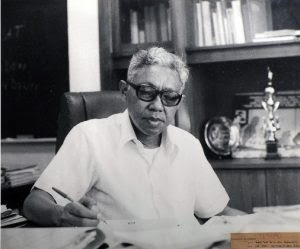History & Commemoration

H I S T O R Y & C O M M E M O R A T I O N | Indonesia Calls! (Op-ed, The Jakarta Post, 2023) | Decolonizing Research (Op-ed, The Jakarta Post, 2022) | Prime Minister Rutte has apologized. What next? (Op-ed, The Jakarta Post 2022) | Dutch perspective on Indonesian Independence (2021) | Uwa's story: almost slaughtered by the Dutch (2021) | Cerita Aki: sekilas Pengalaman dalam Perang Kemerdekaan 1945-1949 (2021) | Aki's story: experience in brief during the 1945-1949 War of Independence (2021) | Review of the movie "de Oost" (2021) | A Day in a Year of Dependence (2021) | Annotation to A day in a Year of Dependence (2021) | 2020: a Year of Historical Significance (Op-ed, The Jakarta Post, 2020) | 1920-2020: Satu Abad Pendidikan Tinggi Teknik di Indonesia (2020) | Speech delivered on the Otto Soemarwoto Award ceremony (2017) | Beyond Beautiful Indies (2016) | Indah me...









